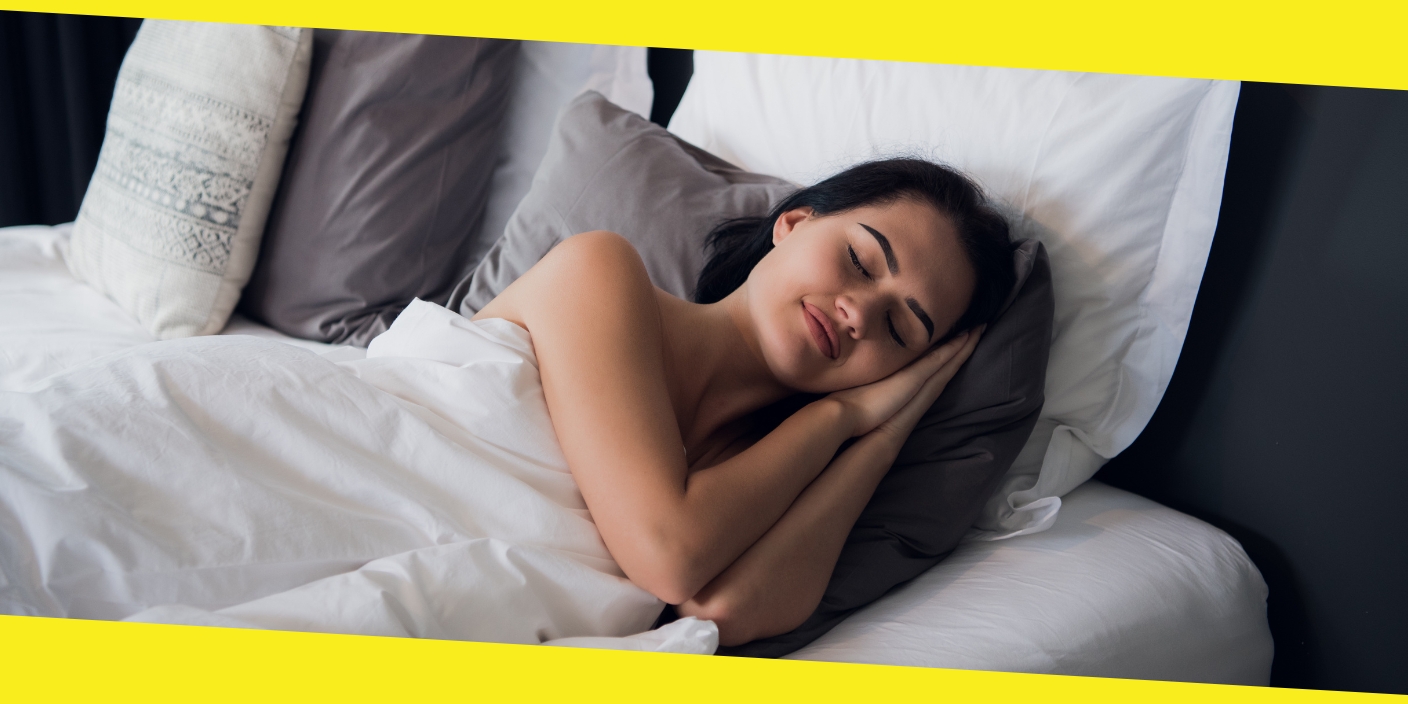3 Changes to Make to Your Bedroom to Get a Better Night’s Sleep

Proper sleep is an essential bodily function and important to overall health. Getting enough sleep each night is linked to a decreased risk of various diseases, a lower chance of gaining weight, and of course, a better mood and focus during the day. Unfortunately, not all adults get the recommended amount of sleep each night, which is seven to nine hours of quality sleep. Here are three changes you can make to your bedroom to improve sleep quality, plus other lifestyle changes that may help.
Contents
Toggle#1: Temperature
Noise is one thing that is pretty well-known for affecting sleep quality, but studies have found that the temperature of your bedroom can also affect sleep quality— and even more than noise. It’s harder to sleep in warmer environments than it is to sleep in cooler ones, as the ideal room temperature for most people is around 70 degrees Fahrenheit (20 degreesCelsius), or cooler. However, running an air conditioning unit this low during the summer can lead to an increase in energy bills, so look into getting fans to save on energy costs.
#2: Electronics
This probably goes without saying, but using electronic devices before bed negatively impacts sleep quality. Although the majority of people know this, it can still be hard to put down the phone at night when you’re winding grown for bed. Experts recommend that you stay off your phone and other electronic devices at least two hours before bed, while others recommend keeping them out of your room all together.
The reason these electronic devices are so detrimental to sleep quality is because of the blue light they emit. Blue light makes us think that it’s daylight and so our brains are tricked into thinking that it isn’t time for bed by reducing the sleep hormone melatonin. If you must be on an electronic device before bed, invest in blue light glasses and look for apps that block blue light on these devices.
#3: Curtains and Bedding
Depending on where you live, outdoor lights may be an issue as well. For example, those living in big cities know that bright lights are always on, especially at night and these lights can affect your sleep when they come through your window. Fortunately, you can invest in blackout curtains to block out those bright lights. Hanging them on a Baton draw curtain track system can make it easier to open and close the curtains, allowing you to let in natural sunlight during the day and block out artificial lights at night.
In addition to having the right temperature and blocking out artificial lighting, your actual bedding affects your sleep quality. However, there isn’t a “one size fits all” approach when it comes to bedding. Some people sleep better on a firmer mattress, whereas others sleep better on a softer mattress. The bottom line is that you shouldn’t be in pain when you wake up, and you may have to try different things to improve your sleep quality.
Bonus Tips
What you do during the day can also have an impact on your sleep at night. If you’re having trouble sleeping at night, increase your exposure to sunlight during the day. This tip is also given to those traveling to different time zones because sunlight helps reset the body’s circadian rhythm or the internal clock. Going to sleep at the same time every night and waking up at the same time every morning can also help support the circadian rhythm.
It’s also a good idea to limit your caffeine use to the morning and early afternoon, as consuming caffeine too late in the day disrupts the circadian rhythm. Exercising too late in the day and taking naps (for adults, not young children) can also cause the same issues. These bonus tips plus the three listed above can help you live a healthier and happier life because when you sleep better, you feel better.
If these three tips don’t work, you may have a sleep disorder and should consult your doctor. You should also consult your doctor before making any dietary changes, such as trying different supplements (e.g., melatonin, Valerian root, L-theanine, etc.). On the other hand, certain lifestyle changes that help improve sleep are also good for your overall health. These include limiting caffeine and alcohol, cutting out late-night snacking, and regular exercise— but it’s still best to consult with a doctor to determine what’s best for your overall health.
Recommended For You
Advantages & Disadvantages Of Eating Bread
Most Inside
Most Inside offers high-quality recommendations and valuable updates to enhance all aspects of your life, providing premium guidance and enriching experiences.




